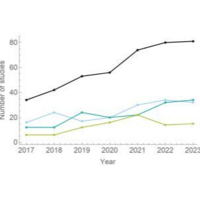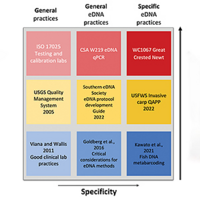My favourite simply-typed #functional #programming language was, is, and will always be, #ML—#StandardML '97, nowadays.
To my knowledge, SML is the only modern #FP language that has a defined standard with a mathematically sound semantics, due to Milner et al.
In the 1980s and the 1990s, when the #CS and the #IT world were dizzy with #OO, the stewards of SML exercised their judgement with considerable vigour and valour to shun all pretences of OO. This makes the language simpler and lighter, compared to FP-OO hybrid languages like OCaml, F#, and the like.
While SML is by no means a simple language compared to say, C or Python or JavaScript, it is arguably the simplest among the descendants of ML, especially compared to modern Haskell. By "simple" I mean not only to use the language but also to teach it to the undergrad #CS students. ML's immense collection of textbooks and academic papers dating back to the early 1970s unburdens the teacher.
Yet, I usually recommend #OCaml to my clients who want to transition to FP, especially those clients whose "business" is creating large, robust, adaptable, maintainable software in science and engineering. My reasons are manifold, but the main one is that SML'97 is "dated", whereas OCaml is "modern" in all the venerable senses of that word.
Programming language #standardisation is a double-edge blade with a stiletto point. Without standardisation, the semantics of the language is squishy. After standardisation, the language is dead, unless the standard is kept up-to-date, like C, C++, JavaScript, etc. With or without standardisation, language longevity is hazardous, like the piercing point of a stiletto.
In any case, I feel like a traitor to my bloodline.





